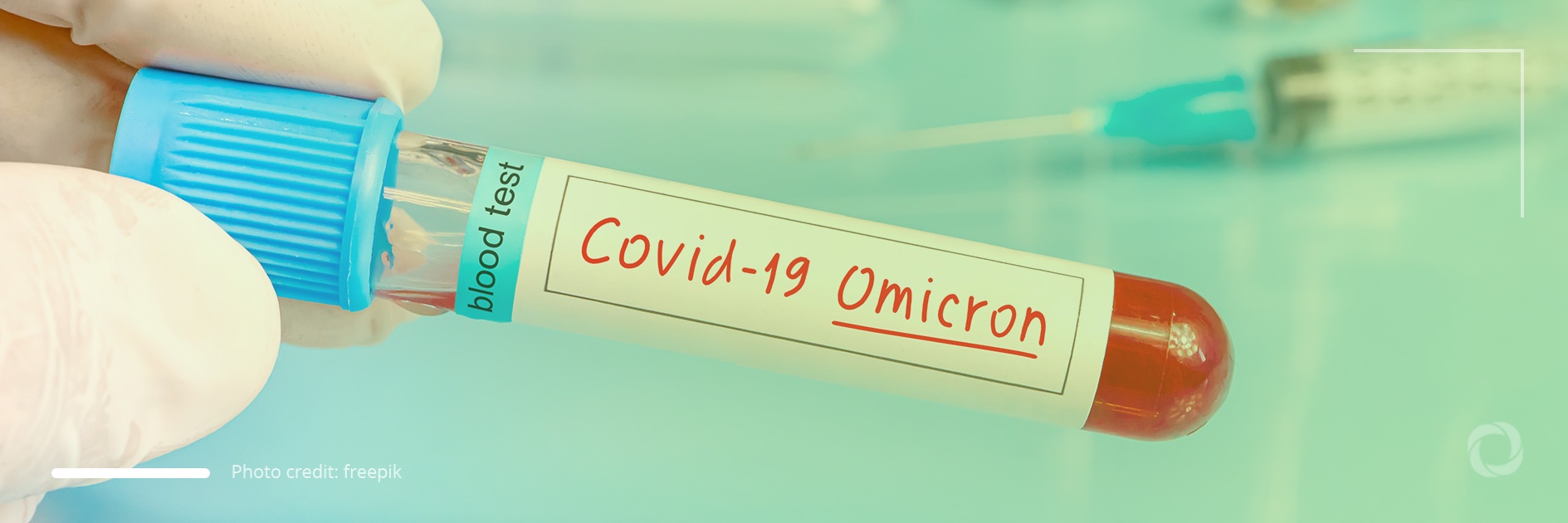The South African National Institute for Communicable Diseases has confirmed that a new COVID-19 variant, Omicron, has been detected in the country and reported to the World Health Organisation on 24th November 2021. The first affected South African province was Gauteng which has the highest COVID-19 vaccination rate – almost 45% compared to 24% in the country overall.
Worst-hit province
The emergence of this new variant coincides with a sudden increase in cases in the country’s most populous province of Gauteng over recent days and is being closely monitored by the health authorities in South Africa as it spreads to other provinces.
Statistics South Africa places the Gauteng province population at 15.5 million people, or 26% of the country’s population, contributing 34.64% to South Africa’s GDP.
During a media briefing, South African Minister of Health, Dr. Joe Phaahla, said that on 16th November 2021 the total daily infections stood at 273 positive cases and as of 24 November, the number of positive cases had passed 1,200 with Gauteng accounting for 80% of these.
“It initially looked like cluster outbreaks due to gatherings and on university campuses,” he said.
South Africa had expected a fourth wave to take place in mid to late December 2021 or in January 2022.
Origin, severity of Omicron
Geneticist Professor Tulio de Oliveir, Director of the KwaZulu-Natal Research Innovation and Sequencing Platform (Krisp), said:
“The variant was detected in South Africa, but it doesn’t mean that it is from South Africa. Vaccines remain the critical tool to protect us against severe disease.”
Africa Centres for Disease Control and Prevention’s Statement regarding the new SARS-COV-2 virus variant B.1.1.529 @AfricaCDChttps://t.co/vINe4Kqwsg
— Africa CDC (@AfricaCDC) November 26, 2021
A statement released by the Africa Centres for Disease Control and Prevention (Africa CDC) reported that by 25th November 2021 the Omicron variant, scientifically known as B.1.1.529, had been detected in 77 samples collected between the 12th and 20th November 2021 from Gauteng province in South Africa, four samples from Botswana and one sample from Hong Kong.
More investigations are underway to determine the possible impact of these mutations on the capacity of the virus to transmit more efficiently, to impact vaccine effectiveness, and evade immune response, and/or to cause a more severe or a milder disease.
Infectious Diseases Specialist, Dr. Richard Lessells, who also works with Krisp and the Centre for the Aids Programme of Research in South Africa, said:
“We don’t yet understand the transmissibility, efficacy of vaccines, the risk of reinfection or disease severity. From the diagnostics, we know that we can flag the variant through PCR testing.”
Travel bans on South Africa
Despite Africa CDC discouraging the imposition of a travel ban for people originating from countries that have reported this variant, several countries, including the United Kingdom, Israel, and Singapore, have already imposed travel restrictions on South Africa. The US has extended this restriction to Botswana, Zimbabwe, Namibia, Lesotho, Eswatini, Mozambique, and Malawi.
South Africa reported its first coronavirus case on 5th March 2020, with President Cyril Ramaphosa declaring the National State of Disaster on 15th March 2020. Recently, the country has extended the state of disaster by a further month to expire on 15th December 2021. This would make it the 21st month under the state of disaster and the 18th extension of the regulations.

